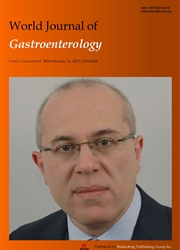

 中文摘要:
中文摘要:
目前关于肠源性感染较为流行的解释是应激状态使肠黏膜屏障受到破坏,肠免疫功能受损,肠道菌群失调,条件致病菌异常增殖,活菌及其产生的毒素通过肠屏障侵入肠道以外的部位,导致促炎因子的释放,引起局部炎症或全身反应综合征,甚至多器官功能障碍。本综述旨在探讨细菌的生物学行为变化与肠源性感染发生的关系。
 英文摘要:
英文摘要:
Currently, the popular notions on the mechanisms of gut-derived-infection are described as follows. The stress may cause the damage of intestinal mucosal barrier and dysfunction of intestinal immune response, which leads to the alteration of intestinal flora, abnormal proliferation of opportunistic pathogen as well as the translocation of alive bacteria and their toxin into systemic compartment. As a result, the proinflammatory cytokines are released to induce the outbreak of intestinal inflammation or systemic inflammatory response syndrome, even the MODS. This review focuses on the relationship between biological behavior of intestinal bacteria and gut-derived-infection.
 同期刊论文项目
同期刊论文项目
 同项目期刊论文
同项目期刊论文
 Lactobacillus plantarum Prevents the Upregulation of Adhesion Molecule Expression in an Experimental
Lactobacillus plantarum Prevents the Upregulation of Adhesion Molecule Expression in an Experimental 期刊信息
期刊信息
